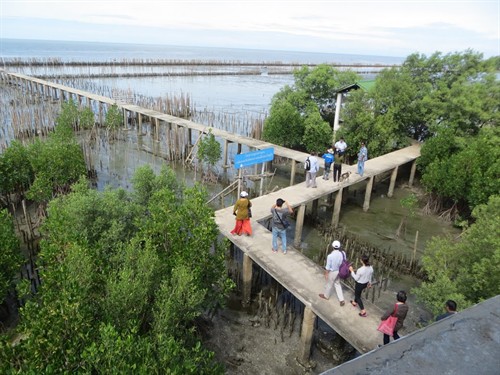What is the UN Decade on Ecosystem Restoration?
Following
an invitation from the Conference of the Parties to the Convention on Biological Diversity, on March 1, 2019, The United Nations General Assembly (UNGA), together with over 70 countries led by El Salvador,
adopted Resolution 73/284 proclaiming 2021–2030 as the
Decade on Ecosystem Restoration. The UN Environment Programme (UNEP) and Food and Agriculture Organization (FAO) lead its implementation in collaboration with the Secretariats of the Rio conventions and other partners.
The goal of the UN Decade is to
prevent, halt and reverse the degradation of ecosystems worldwide. All ecosystem types are included in this goal: forests, grasslands, croplands, wetlands, savannahs, other terrestrial and inland water ecosystems, marine and coastal ecosystems and urban environments. The UN Decade is building a strong global movement to ramp up restoration and put the world on track to achieve the Sustainable Development Goals using the
#GenerationRestoration.

Ecosystem restoration under the Decade is defined as a process of reversing the degradation of ecosystems to regain their ecological functionality; in other words, to improve the productivity and capacity of ecosystems to meet the needs of society. Examples include enhancing organic carbon in agricultural soils, increasing fish stocks in overfished zones, remediating polluted sites, restoring ecological processes, restoring biodiversity and conserving fauna and flora that can assist in the restoration process. The scale of these activities can range from a few hundred metres to thousands of kilometres, depending on the actors and ecosystems involved.
The UN Decade provides a hub for everyone interested in restoration to find projects, partners, information on funding and the knowledge they need to make their restoration efforts a success. This UN Decade will inspire and support governments, UN agencies, NGOs, civil society, children and youth, private sector companies, indigenous peoples, farmers, women’s groups, local communities and individuals globally to collaborate and develop the appropriate skillsets for catalysing and successfully implementing restoration initiatives across the world.